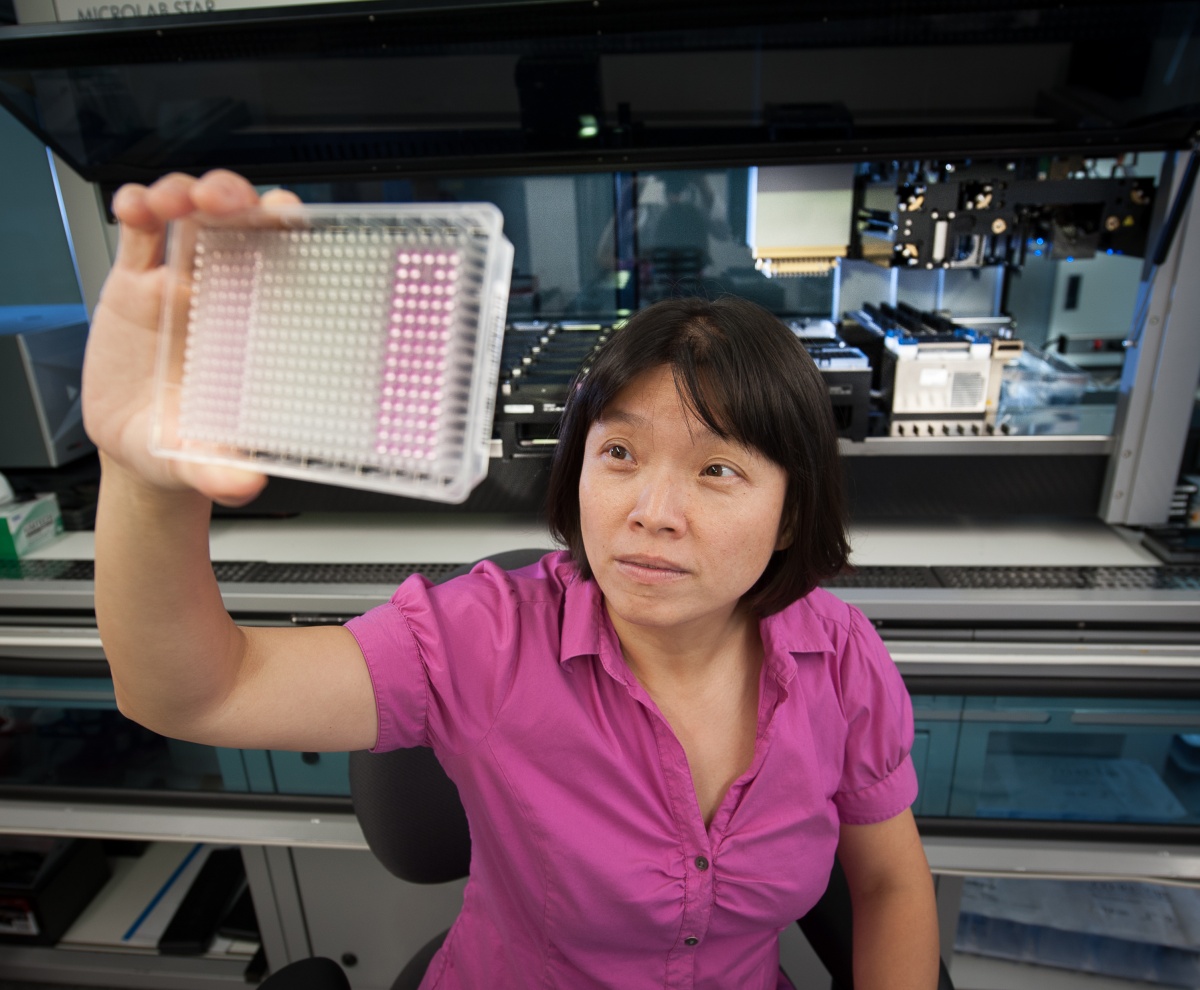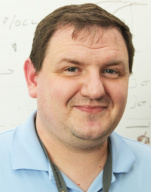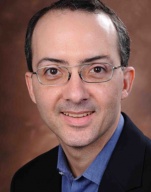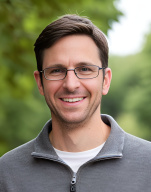
Research scientist Hai Li holds up a 384-well plate, pictured in front of Columbia Genome Center's Hamilton Star automation system for HTS; Image credit: Systems Biology
Drug screening and analysis is critical in advancing research and discovery of cancer therapeutics. To this end, a Systems Biology-led team of investigators has recently developed PLATE-Seq, a new technique for low-cost, bulk mRNA sequencing. Coupled with genome-wide regulatory network analysis, the novel PLATE-Seq method advances the goal of providing cancer patients with personalized treatment.
Developed by the labs of Peter Sims and Andrea Califano , PLATE-Seq stands for “pooled library amplification for transcriptome expression” sequencing, and enables genome-wide mRNA profiling specifically designed to complement high-throughput screening assays. High-throughput screening, or HTS, represents a key component of drug discovery and technology used widely in biomedical research. Due to cost or complexity, most screens are still performed using low-complexity reporters, such as cell viability, protein-protein interactions and cell growth, for example, but there is a growing need to couple this screening protocol with genome-wide reporters, to measure the activity of many proteins across the genome.
“Our PLATE-Seq method helps us generate a more comprehensive portrait of drug activity,” said Dr. Sims, assistant professor of systems biology, known for his innovative work in single-cell RNA sequencing. “We’ve been able to show that our technique cuts the cost for gene expression profiling considerably, by incorporating a method we devised for ‘barcoding’ cDNA samples and combining this with computational methods from the Califano Lab that are highly effective on low-coverage sequencing data. This method allows us to sequence 96 samples per plate and 768 samples per sequencing run.”
On average, PLATE-Seq reduces the cost of genome-wide screening from around $400 per sample down to approximately $25 per sample. Genome-wide sequencing is important in advancing our understanding and prediction of disease and in identifying potential treatments.





